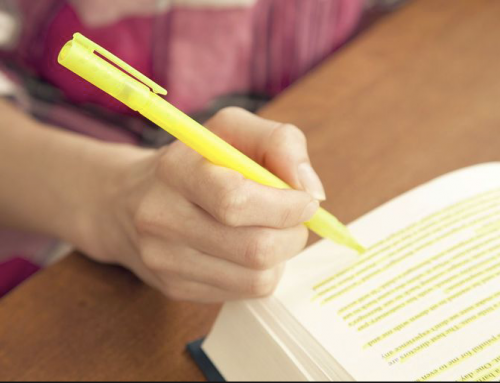 Healthy relationships are a fundamental part of finding happiness and stability in one’s life. Oftentimes, people find themselves believing that the relationships they currently have are either the best they deserve or the best could ever obtain. Some people also feel that the longer a person is in their life, the more critical maintaining a relationship with that person is—regardless of how toxic the relationship may actually be for them.
Healthy relationships are a fundamental part of finding happiness and stability in one’s life. Oftentimes, people find themselves believing that the relationships they currently have are either the best they deserve or the best could ever obtain. Some people also feel that the longer a person is in their life, the more critical maintaining a relationship with that person is—regardless of how toxic the relationship may actually be for them.
Upon graduating high school, I found that nearly every close friendship I had was toxic and that each played a significant role in how I viewed myself. I spent (what felt like) the longest years of my life with a select few people, and though we all shared hundreds of laughs, cries, and secrets amongst one another, our relationships were far from ideal. As I began my freshman year of college, I found myself surrounded by my ideal type of friends, people who helped me see my own value and potential. For the first time in my life I felt like I was who I was meant to be. Finding new and positive relationships has helped me mature and become a better version of myself. Despite being much happier now, cutting off my high school friends was initially very hard. I would have to remind myself of how incompatible we all became, and of the emotional effort it would take to hold onto such bad relationships.
It is never solely one individuals fault that a relationship is toxic. One should always look at themselves and think how they might be able to better or mend their relationships. Some personalities click effortlessly while some are incompatible or bad for one another. Additionally, personalities change as people mature. A relationship where two individuals are at the same level of maturity and have the same sense of humor can change into one where the two have never felt more distant from someone. But growing apart doesn’t necessarily mean that two individuals should end their relationship.
The best tip I have for cutting out toxic relationships is to sit down, alone or with someone trustworthy, and answer these questions:
Starting with:
In an ideal relationship…
- How does this person treat me? and,
- How do they see me?
Then moving onto:
In one’s current relationship…
- How well do we really know each other?
- Are we both open about our personal life or interests?
- Do they treat me how I would like my ideal person to treat me?
- What key qualities are missing in our relationship? Did we ever have those qualities? Can we establish or reestablish those qualities?
- Do I want this person in my life, or do I want the person I thought they were or once were in my life?
- Does this person bring out the best or worst in me?
- Am I overly dependent upon this person? Are they upon me?
- Do I sincerely feel as though this person values or appreciates me?
- Is this person physically or verbally abusive? Am I to them?
- How would I immediately feel without this person in my life? How would I feel without them in the long-run?
Answering these questions can spark deeper conversations or thoughts, and if one is evaluating a romantic relationship, asking their partner these questions can help in the decision of whether to move forward together or apart. Ending a relationship is nearly always difficult, but the result can be life-changing in the most positive way. If a relationship is emotionally draining, chances are that it is toxic.








Leave A Comment